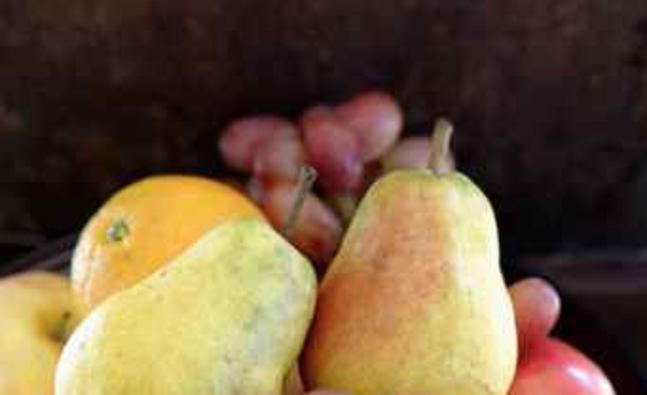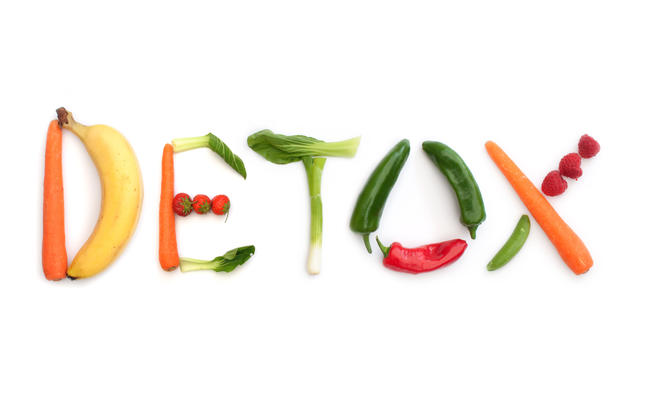Why it’s a struggle to stick to a diet

The diet struggle is real
If you're finding it difficult to stick to a diet, scientists at the Howard Hughes Medical Institute's Janelia Research Campus say that hunger-sensitive cells in your brain, known as AGRP neurons, could be the cause.
Research has found that these neurons are responsible for the unpleasant feelings of hunger that make snacking irresistible.
More than hunger
“The negative emotions associated with hunger can make it hard to maintain a diet and lose weight, and these neurons help explain that struggle,” says Scott Sternson, a group leader at Janelia.
In an environment where food is readily available, the difficult-to-ignore signals may seem like an annoyance, but from an evolutionary point of view, they make sense. For earlier humans or animals in the wild, pursuing food or water means venturing into a possibly risky environment, which might require some encouragement.
"We suspect that what these neurons are doing is imposing a cost on not dealing with your physiological needs," he adds.
The powerful presence of food
AGRP neurons do not directly drive an animal to eat, but rather teach an animal to respond to sensory cues that signal the presence of food.
"We suspect that these neurons are a very old motivational system to force an animal to satisfy its physiological needs. Part of the motivation for seeking food is to shut these neurons off," says Sternson, whose team also demonstrated that a different set of neurons is specialised to generate unpleasant feelings of thirst.
Understanding hunger
Hunger affects nearly every cell in the body, and several types of neurons are dedicated to making sure an animal eats when energy stores are low. But Sternson says that until now, what scientists had learned about those neurons had not completely matched up to something we already know: hunger is unpleasant.
"There was an early prediction that there would be neurons that make you feel bad when you were hungry or thirsty. This made sense from an intuitive point of view, but all of the neurons that had been looked at seemed to have the opposite effect," he says. In earlier studies, researchers found that neurons that promoted eating did so by increasing positive feelings associated with food. In other words - not surprisingly - hunger makes food tastes better.
For more insight, watch the video recording below…
From Circuits to Behavior - Scott Sternson, HHMI, Janelia Farm from Kavli Frontiers of Science on Vimeo.
-
8 Weight-Loss Mistakes Runners Make
This article was written by Kit Fox and provided by our partners at Ru
-
Don’t allow the weather to stop you from exercising!
-
This Fruit Salad Will Help You De-Bloat ASAP
Between summer cookouts, county fair food, and fruity seasonal drinks,
-
How many calories do you burn while vacuuming?
-
Breakfast Ideas to help you lose weight
-
Time with children improves weight loss
- DON'T MISS
- Michael Pollanâs 7 Words & 7 Rules for Eating
- How Does Ayurveda Help In Weight Loss?
- Blast belly fat with a basic abdominal bracing technique
- A winning weight-loss combo
- 10 WEIGHT LOSS MOTIVATION TIPS
- 10 WAYS TO LOSE STUBBORN FAT
- 9 Low-calorie vegetarian meal ideas
- Burn calories by going for walks daily
- The perfect weight-loss pantry: Quickest, healthiest snack meals
- The Type of Job That Can Lead to Weight Gain




